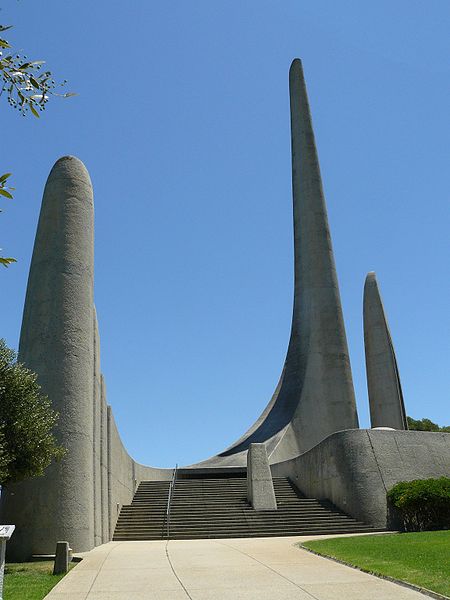There is a possibility that Pretoria, the capital of South Africa may have it’s name changed to Tshwane. This is considering that many South African cities which have Afrikaner origin are having their names changed to Afrikaans. Many English words such as meerkat, aardvark, and trek are derived from Afrikaans. The white rhinoceros derives its name from a corruption of the Afrikaans name weit (which means wide) to describe its wide jaws rather than its color. With the collapse of apartheid in South Africa, some linguists were apprehensive that this would lead to the demise of Afrikaans. This was due to its strong negative association with apartheid. However, with over 10 million people using it as their first language, it shows that the language is still popular even though most critics refer to it as a very ugly language.
Afrikaans is spoken in South Africa, Botswana, Lesotho, Canada, Netherlands, Belgium, Australia, Germany, New Zealand, UK, Zimbabwe and Namibia. Some Universities in Belgium, Poland, Russia and Germany teach courses in Afrikaans. It originated from the Dutch dialects of the Dutch settlers of South Africa. It was first recognized as a separate language in the early 20th century. Afrikaans adopted a lot of words from other languages such as Portuguese, Malay, Khoisan, French and a large percentage of Dutch. In fact, the major difference between Dutch and Afrikaans lies in the grammar and spelling of words. Afrikaans is the third most spoken language in South Africa, totaling its worldwide speakers to between 15- 23 million people. It is mostly spoken as a second or third language.
Though not prevalently used as before the apartheid period, Afrikaans is still widely used in radios, newspapers and television. One of the major landmarks of Afrikaans was the translation of the bible into the language in 1933. Fifty years later, an edited version of the Afrikaans bible was published. This established the language as a pure and proper language. Prior to this, most Afrikaans speakers had to rely on the Dutch Bible. The Afrikaans Language monument was set up in 1975 in the Western Cape to symbolize that Afrikaans was a language on its own.

